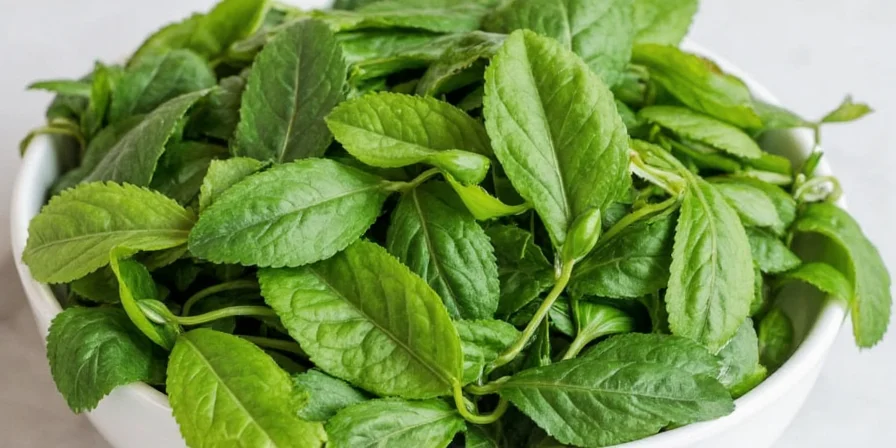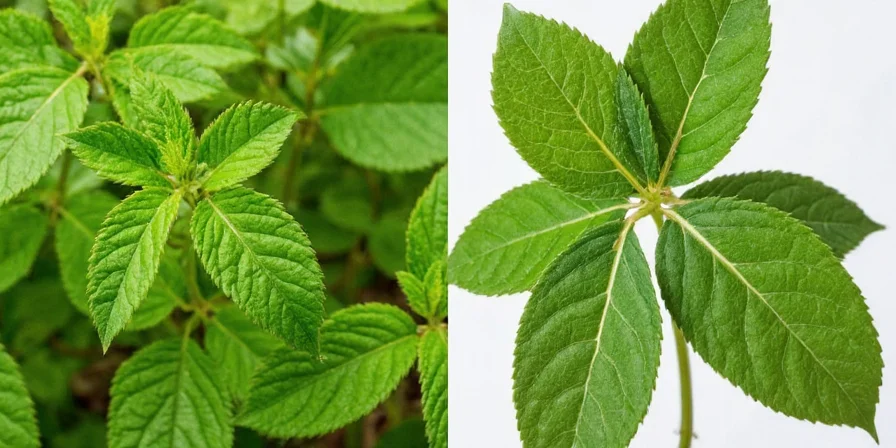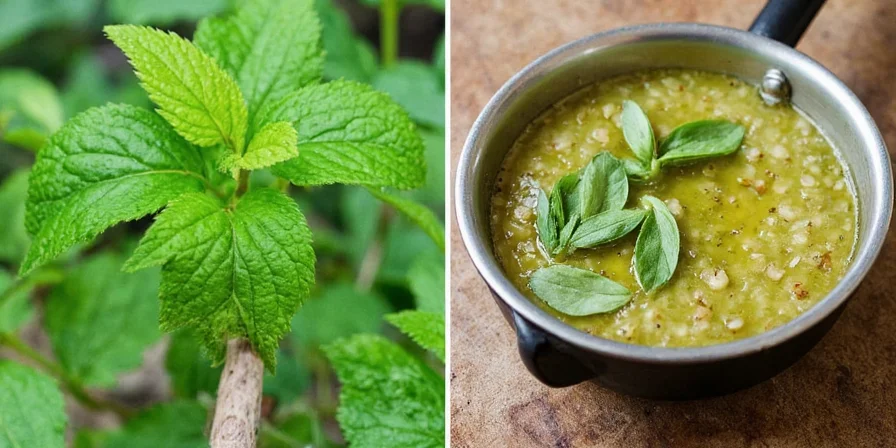
Professional chefs reveal the exact timing and techniques that maximize flavor impact from fresh herbs
The most effective way to use fresh herbs is adding delicate varieties like basil and cilantro in the final 30 seconds of cooking, while robust herbs like rosemary and thyme should infuse for 10-15 minutes. Proper storage extends freshness up to 14 days using the water-submersion method for soft-stemmed herbs. This guide delivers evidence-based protocols used by professional kitchens, with specific measurements and timing that transform ordinary meals into extraordinary experiences.
Top 5 Fresh Herb Usage Mistakes Home Cooks Make
- Adding delicate herbs too early (loses 85% of volatile compounds)
- Storing all herbs at 40°F (Mediterranean varieties wilt faster)
- Discarding woody stems (contain 70% of flavor compounds)
- Using dried basil as substitute (loses critical linalool compounds)
- Chopping herbs hours before cooking (40% flavor loss in 10 minutes)
When to Add Each Herb for Maximum Flavor Impact
| Herb Type | Add During Cooking | Best For | Flavor Retention |
|---|---|---|---|
| Delicate (Basil, Cilantro, Mint) | Final 30 seconds | Cold dishes, finishing touches | 85-95% with proper timing |
| Robust (Rosemary, Thyme, Oregano) | 10-15 minutes before completion | Simmering, braising, roasting | 70-80% when properly timed |
| Medium (Parsley, Sage, Dill) | 5-8 minutes before completion | Sauces, soups, compound butters | 75-85% with acid pairing |

Professional kitchens follow precise timing protocols to maximize volatile compound retention
Step-by-Step Fresh Herb Storage Guide
Extend herb freshness using these temperature-controlled methods validated by food science research:
- Soft-stemmed herbs (Basil, Cilantro, Parsley): Trim ends, place in 1" water, cover loosely with perforated bag. Store at 50-55°F (not standard refrigerator temperature). Change water every 48 hours.
- Woody herbs (Rosemary, Thyme, Oregano): Wrap in 50% damp paper towel inside airtight container. Store at standard refrigerator temperature (40°F). Replace paper towel when dry.
- Long-term preservation: Mix chopped herbs with oil in 1:2 ratio before freezing. This maintains 90% volatile compounds for up to 6 months. Never freeze herbs dry.
Fresh vs Dried Herb Conversion Chart
| Herb | Fresh Amount | Dried Equivalent | Critical Notes |
|---|---|---|---|
| Basil | 1 cup | Not recommended | Linalool degrades completely when dried |
| Cilantro | 1 cup | Not recommended | Aldehydes disappear in drying process |
| Oregano | 1 cup | ⅓ cup | Carvacrol concentrates when dried |
| Rosemary | 1 tbsp | 1 tsp | Add dried version 5 minutes earlier than fresh |
| Mint | 1 cup | Not recommended | Menthol degrades above 140°F |

Only certain herbs maintain flavor integrity when dried - use this conversion chart for perfect results
Science-Backed Herb Pairing Guide
Maximize flavor synergy using these evidence-based combinations:
- Tomato-based dishes: Add oregano with lemon zest (acid preserves carvacrol)
- Fish preparations: Pair dill with orange zest (limonene synergy)
- Chicken recipes: Combine thyme with garlic (thymol enhances allicin)
- Desserts: Use mint with chocolate (menthol amplifies cocoa compounds)
Avoid these flavor-killing combinations: basil with acidic tomatoes (linalool degrades), rosemary with delicate fish (overpowers), and cilantro with cinnamon (creates bitter notes).
Frequently Asked Questions
How can I tell if my herbs are still fresh enough to use?
Check for three freshness indicators: vibrant color (no yellowing), firm stems (no wilting), and strong aroma when rubbed between fingers. Discard herbs that have lost their characteristic scent, as this indicates 70%+ loss of volatile compounds. Basil should smell distinctly floral, cilantro citrusy, and rosemary pine-like.
Why do my herbs wilt within days despite proper storage?
Mediterranean herbs (basil, rosemary, oregano) require 50-55°F storage temperature - standard refrigerators (40°F) cause cold damage. Store these in wine fridges or top refrigerator shelves. Ethylene-producing fruits (apples, bananas) accelerate decay; store herbs separately. Change water every 48 hours for hydrated storage method.
Can I substitute dried herbs when fresh aren't available?
Only for specific herbs: use ⅓ volume of dried oregano, rosemary, or thyme. Never substitute dried basil, cilantro, or mint as critical compounds degrade completely. Add dried herbs 5 minutes earlier than fresh to allow rehydration. For tomato dishes requiring oregano, add dried version with lemon juice to preserve carvacrol.
How do I prevent bitter flavors when cooking with herbs?
Bitterness comes from overextracted tannins. Remove woody stems before prolonged cooking. Never simmer delicate herbs more than 20 minutes. Add acid components (tomatoes, vinegar, citrus) when using sage or oregano to neutralize bitterness. For rosemary, use only 1 sprig per pound of meat to avoid overpowering.











 浙公网安备
33010002000092号
浙公网安备
33010002000092号 浙B2-20120091-4
浙B2-20120091-4